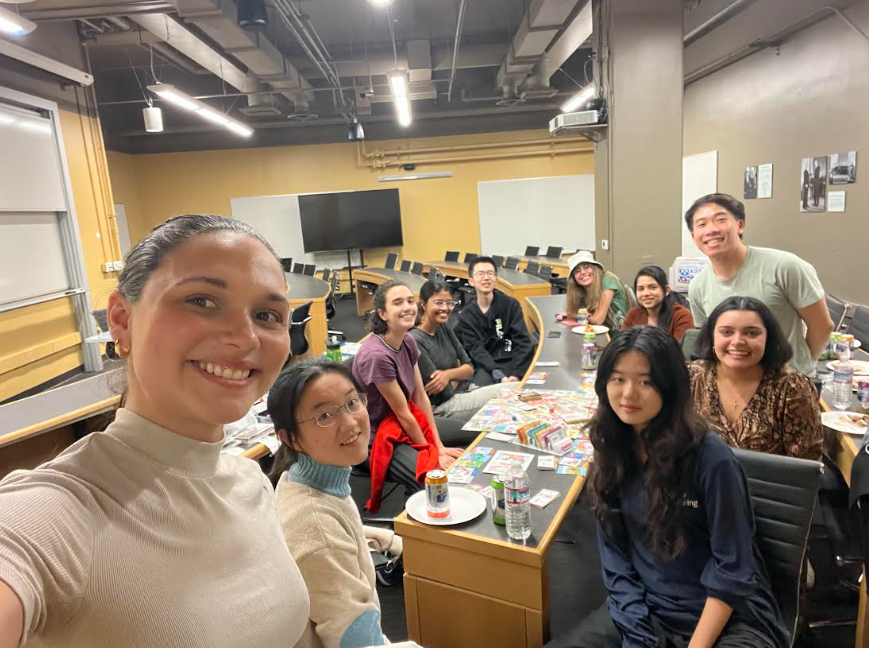Fostering Community and Success: How Berkeley IEOR’s PhD Mentorship Program Empowers First-Year Students
In this interview, third-year PhD student Hannah Davalos explores the PhD Mentorship Program at Berkeley IEOR—an initiative designed to create a supportive and inclusive environment for first-year PhD students. By pairing newcomers with experienced PhD candidates, the program offers valuable guidance as students navigate the challenges of their first year.
What is the mission of the PhD Mentorship Program, and how does it align with Berkeley IEOR’s commitment to supporting PhD students?
The mission of the PhD Mentorship Program is to ensure that first-year PhD students feel included and supported within the IEOR community. The program pairs first-year students with returning PhD students who serve as resources for support and guidance throughout their first year.
Why is mentorship particularly crucial for PhD students? In what ways does it contribute to their success and well-being within an academic environment?
The mentorship program connects first-year PhD students with more experienced peers, offering valuable advice and support as they navigate their first year. During this time, students undertake several courses, select an advisor, and prepare for the Preliminary Exam at the end of the school year. Each of these components can be quite challenging, making the guidance of a mentor—who can share their own experiences—especially valuable.
How does the program support mentees in navigating the unique challenges they face throughout their research journey?
What makes the IEOR PhD program unique is that students are not required to select an advisor until the spring semester of their first year. This structure enables them to explore various research areas within the department and engage with different faculty members before making a decision. Additionally, students can consult with their mentors for a student perspective, gaining valuable insights into different research areas, including their mentors’ own experiences.
Can you share examples of how the PhD Mentorship Program has positively impacted participants both academically and personally?
After the first year of the mentorship program (2023-24), we received positive feedback from several participating first-year students. Many expressed that they felt supported and appreciated having someone to turn to for a student perspective. They also noted that they felt less isolated from the more senior PhD students in the department. In many cases, mentors facilitated connections for their mentees with other PhD students, especially when specific research questions or course-related questions arose, ensuring that mentees received the most informed guidance.
What types of mentorship activities and interactions are most commonly offered, and how are mentors selected to ensure they best match the needs of their mentees?
Mentor-mentee pairs meet at least once a month, often at one of the cafes on or near campus for more informal discussions. Additional opportunities for students to connect with their peers are offered through events organized by the IEOR Graduate Student Group, which includes social activities like game nights and student panels that cover various topics, such as the internship application and interview process. PhD students who have completed their first year can volunteer to become mentors, and pairings are made based on shared research interests, allowing first-year students to maximize the benefits of the program.
What unexpected benefits or memorable experiences have you gained from participating in the PhD Mentorship Program that you might not have anticipated when you first joined?
Though the mentorship program was not in place when I was a first-year student, I greatly benefited from the informal mentorship provided by other PhD students in the department. While I initially sought academic guidance, I discovered that the conversations and interactions with my peers fostered lasting friendships and built a strong support network. I was also surprised by how much I learned about various research areas through these exchanges, which broadened my perspective and influenced my own research interests. These experiences truly enriched my first year and made me feel more connected to the department.
